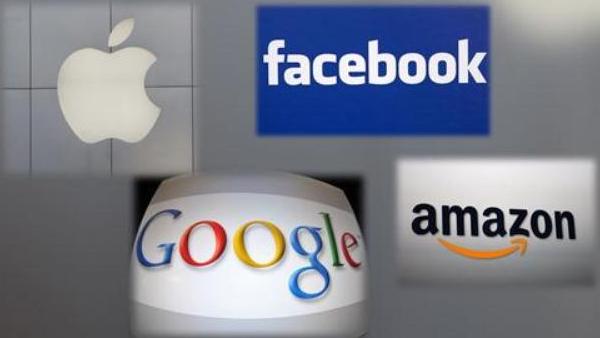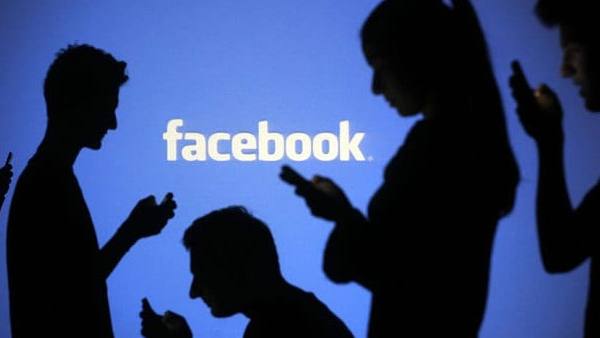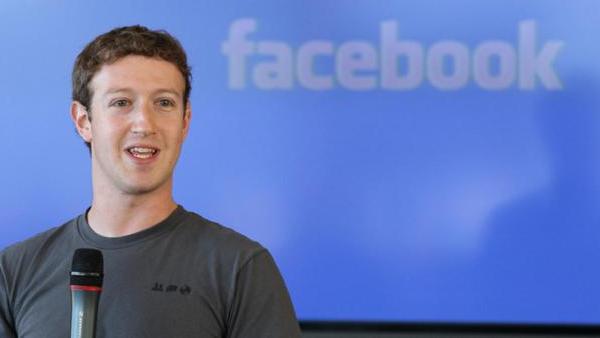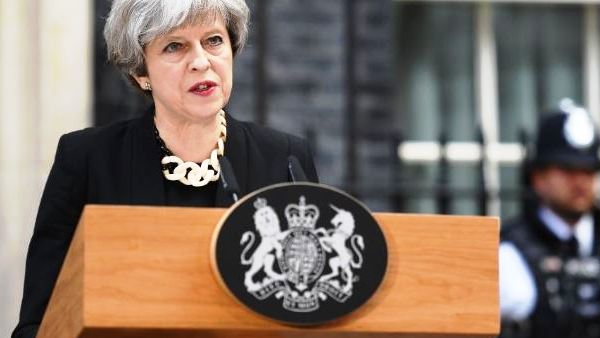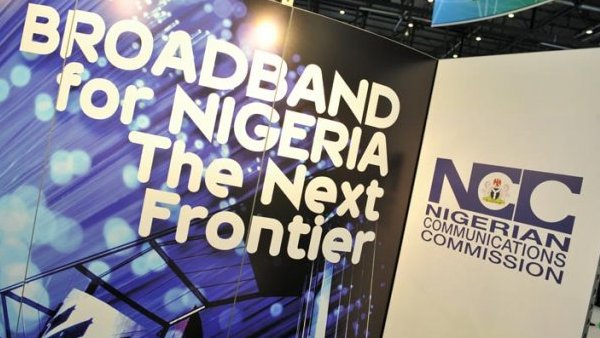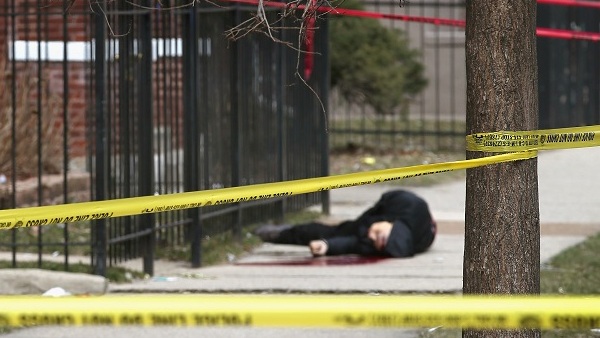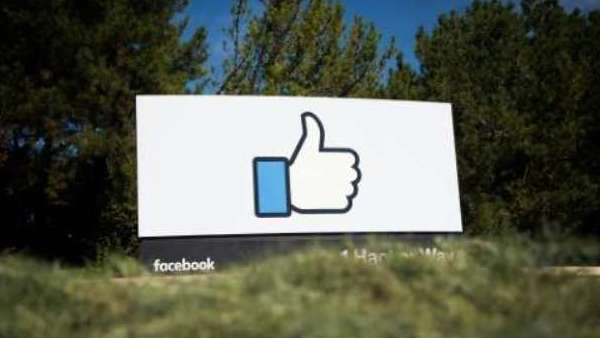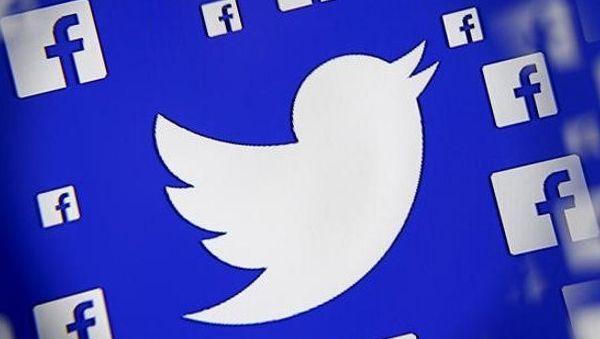Apple, Amazon, Facebook and Google are among hundreds of US businesses joining an effort to support the Paris climate agreement as part of a public campaign announced Monday.
Dubbed “We Are Still In,” the launch of the initiative comes just days after President Donald Trump said the United States would withdraw from the international accord, stunning much of the world and breaking with a broad host of industry executives who supported the deal.
The campaign’s participants, who also include hundreds of investors, universities, local officials and state governments, have pledged to support the Paris accord and “pursue ambitious climate goals,” according to an open letter the campaign released.
The group also took aim at Trump, saying his decision “damages the world’s ability to avoid the most dangerous and costly effects of climate change.” The business leaders and officials described Trump’s move as “out of step with what is happening in the United States.”
The campaign on climate is the latest example of some of the biggest players in Silicon Valley opposing Trump’s key policies. The president’s travel ban and ongoing litigation surrounding his immigration orders have also sparked widespread condemnation from the tech industry.
After the president revealed last week that he intends to exit the agreement, several high-profile business leaders said they would end their advisory roles with Trump, in protest. Tesla and SpaceX chief executive Elon Musk and Disney chief executive Robert Iger said last week that they would no longer serve on the president’s economic advisory council. Executives from Facebook, Apple, Microsoft and Google also swiftly criticised Trump’s decision after his announcement.
Dozens of states last week said they would forge ahead with their climate policies and their aim to reduce greenhouse gas emissions in response to the president’s move. New York Gov. Andrew M. Cuomo, D, also unveiled the largest renewable energy investment by any state, a $1.65 billion plan to support renewable energy and energy efficiency.
